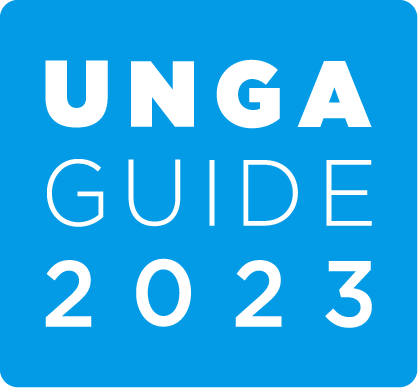
Unleashing the Power: Empowering Persons with Disabilities as Catalysts of Open Science
Introduction and aims
The proposed session aims to highlight the specific challenges encountered by persons with disabilities in accessing education and explore the transformative potential of Open Science Practices in eliminating these barriers. Open Science, with its emphasis on innovation, collaboration, and accessibility, has the potential to revolutionize educational practices and create a more inclusive and equitable environment for all individuals, regardless of their abilities. Through engaging discussions, insightful presentations, and practical examples, this session will provide a platform to explore and promote the crucial role of women with disabilities in Open Science Practices, ultimately aiming to drive progress toward the SDGs and create a more equitable and inclusive scientific landscape. The aim of this session is
1. To raise awareness and understanding about the challenges faced by women with disabilities in accessing education;
2. To highlight the remarkable contributions made by persons with disabilities in the field of Open Science
3. To provide policy recommendations to ensure educational accessibility among persons with disabilities through OER
Abstract
Education is universally recognized as a fundamental human right and a powerful catalyst for sustainable development. It holds the key to empowering individuals, driving economic growth, and fostering social inclusion. However, despite progress in recent years, there remain significant barriers that hinder persons with disabilities from accessing inclusive and equitable quality education. These barriers perpetuate a cycle of exclusion, leaving individuals with disabilities at a higher risk of poverty and social marginalization, depriving them of economic independence and overall well-being. The 2030 Agenda for Sustainable Development, as adopted by the United Nations, acknowledges the critical importance of inclusive education and designates it as a key target under Sustainable Development Goal 4 (SDG 4): “Ensure inclusive and equitable quality education and promote lifelong learning opportunities for all.” In line with this global commitment to inclusive education, the United Nations Convention on the Rights of Persons with Disabilities (UNCRPD) places significant emphasis on the right to accessible information and relevant technologies for individuals with disabilities. Despite these international commitments, women with disabilities continue to face profound challenges in accessing education.
While some Open Educational Resources (OER) initiatives offer accessible resources to persons with disabilities, such resources are often limited in availability and fail to cater to the diverse range of disabilities or consider the intersectional needs of disabled individuals.
This session aims to shed light on the educational challenges faced by persons with disabilities, and the invaluable contributions of female disabled learners in the field of Open Sciences. It aims to illustrate how Open Science practices have the potential to bridge the educational accessibility gap and empower individuals with disabilities to actively participate in scientific endeavors. By showcasing real-world examples and experiences, the session will demonstrate the transformative power of Open Science in creating inclusive and accessible educational opportunities for all, regardless of ability. Through knowledge sharing and collaborative dialogue, we aspire to inspire stakeholders to embrace Open Science practices and foster a more inclusive and equitable educational landscape.
